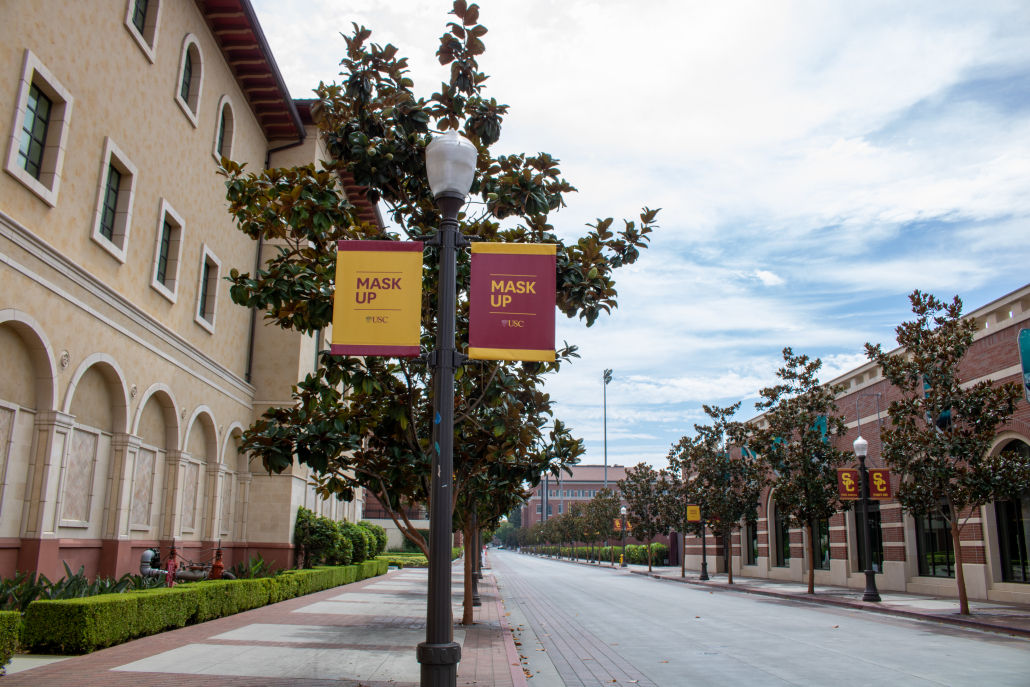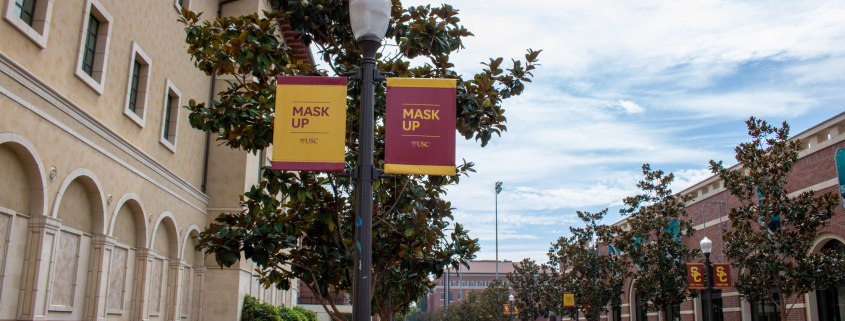Clubs battle Zoom fatigue as virtual semester continues

As the fall semester continues virtually, students and clubs are struggling to recreate the in-person atmosphere of their activities. While navigating an online semester with remote meetings, practices and bonding events, some clubs and organizations are seeing significant decreases in membership and engagement due to the virtual platform.
One cause for this could be a result of many students finding difficulties navigating the virtual involvement fairs that occurred over six days from Aug. 18 to Aug. 27.
Lisza Lo, a freshman majoring in accounting, said she had a hard time deciding which clubs to join because of the online format. The unconventional splitting of the involvement fair, with clubs attending different days, further added to the confusion.
Typically during the involvement fair, clubs and organizations set up booths around campus and students can roam around and explore the different options with all of the information being presented to them in an accessible manner.
“I actually had to individually search up the clubs I wanted to join to see which involvement fairs they were attending and when their orientation meetings were,” Lo said.
Hannah Doerr, co-director of Break Through Hip Hop said that membership in the club decreased due to members graduating and a smaller turnout to auditions than previous semesters.
“There’s normally a dance team involvement fair that’s just for the different dance clubs, so we didn’t get that this semester,” said Doerr, a sophomore majoring in economics and mathematics. “We did hold auditions but we didn’t get as big of a turnout as we usually do.”
SC Outfitters president Elizabeth Fedde, a senior majoring in business administration, said the outdoor student group recruited a large number of guides in anticipation for the usual high demand for trips, before knowing their outings would need to be canceled.
To prevent Zoom fatigue, SC Outfitters decided not to have extra meetings on top of students’ classes, but that consequently means low engagement and membership compared to most semesters, according to Fedde.
“We’re not trying to turn our club into a virtual club,” Fedde said. “We’re really just trying to maintain engagement and maintain the stoke for getting outside and doing our part to get there sooner.”
The virtual format has also limited the value and rigor of some professional clubs, with members feeling like the quality and excitement of meetings or special events with guest speakers has decreased. Angela Cheng, a junior majoring in business administration, said she felt less involved in her club activities because of the lack of social engagement that extracurriculars usually provide.
“I feel like I’m less inclined, or I don’t want to attend as much as [I would] in person because I feel like I was just in class on Zoom,” Cheng said.
Karen Abe, a sophomore majoring in media arts and practice, joined Break Through Hip Hop this semester and said the recording process can sometimes feel like added work, with members having to film themselves and submit the recordings.
“I do like dancing, so it doesn’t feel like it’s a whole lot of work, or it’s a strain on you,” Abe said. “It definitely seems like extra homework on the side, because we have to film on our own.”
To maintain member engagement while offsetting Zoom fatigue, some club officers have organized various social events, providing members with opportunities to take a break and build relationships within the club virtually.
A popular team-building game has been Among Us, an online multiplayer game analogous to the popular party game Mafia, where there is an impostor who must kill off the other players while hiding their identity. Break Through Hip Hop and a cappella team Asli Baat have been taking advantage of the rapid popularity of the game to build trust and camaraderie among their members.
“I can tell that like a lot of the board members put in a lot of work to ensure that they provide members with opportunities to connect,” Abe said.
With more uncertainty surrounding the spring semester and the virtual format continuing at least until the University receives clearance from Los Angeles County officials to approve in-person activity, some students have expressed a willingness to continue with their clubs because they allow some social aspect or ability to gain professional experience while classes remain online.
“As a transfer student,” Abe said, “I feel like coming into school virtually, with no USC friends, gave me a lot of social anxiety and a lot of worries that I wouldn’t be able to integrate myself. I can tell how a lot of USC students are really trying to keep these clubs alive and help new students get the best out of this Zoom experience.”
Some club officers have started creating contingency plans depending on whether the spring semester will be virtual or in person. They have emphasized the importance of adhering to L.A. County guidelines and basic public health precautions regardless of USC’s decision to reopen the campus.
Whether the semester continues virtually or in a hybrid format, some clubs such as SC Outfitters will need to resume some meetings to train members for future semesters.
“We’ve decided that if we’re also virtual next spring, we will 100% be doing virtual training because we can’t just not train them for a year,” Fedde said. “In the case that we do get to open up and lead some kinds of trips, we have already outlined precautions that we would take to do so.”
Doerr said clubs will need to continue changing to meet guidelines and find safe ways for students to participate no matter the format.
“If things are hybrid, we’ll always have the option of people continuing to do it online if they want to, but we will hopefully have some in person [activities],” Doerr said. “Whatever [the public health guidelines] are at the time, we’ll just adapt to that because everybody’s health is our first priority.”

